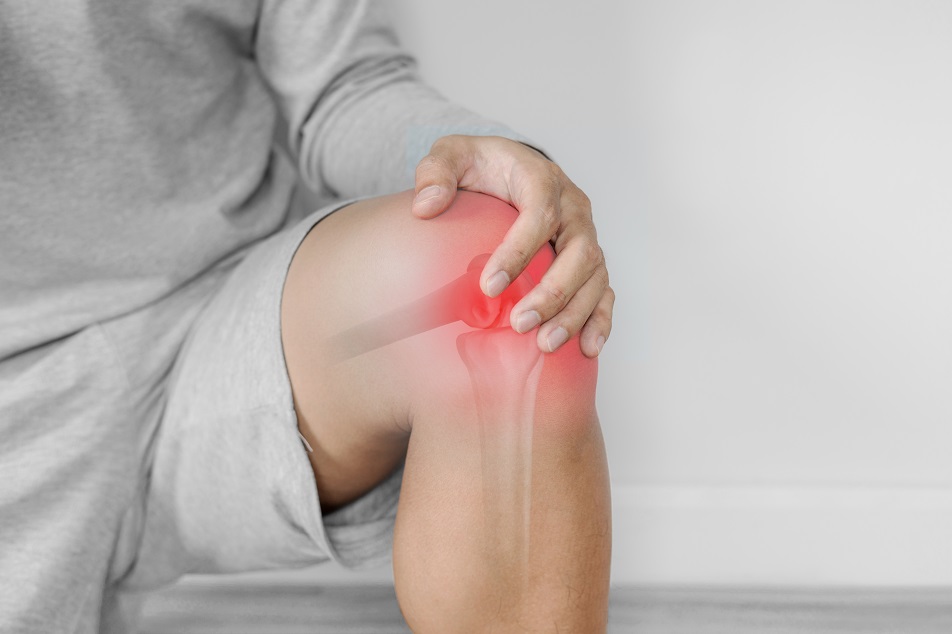Obese patients face a lot of additional difficultires compared to those who are at a normal weight. Type 2 diabetes, hypertension, sleep apnea, joint pain, increased risk of several cancers, reduced mobility over time, higher rates of coronary artery disease, and many other conditions disproportionately affect obese patients.
Joint pain is one of the most commonly cited concerns that obese patients have. It’s insidious, as exercise is often prescribed to obese patients but joint pain can make exercise prohibitively difficult. As a result, obese patients are often not able to get the kind of exercise they need without experiencing pain.
Can obesity cause joint pain? The answer is yes, and the reason is obvious: more weight causes more pressure on the joints. But what other joint and bone issues can obesity cause? Let’s find out.
Obesity and Joint Pain
Obesity can cause or accelerate osteoarthritis
Osteoarthritis is caused by the breakdown of the cartilage that pads the bones and joints. This causes friction between the bones, which is painful and results in a reduced range of motion. Not only that, but obesity can increase inflammation in the body which can make joint pain and swelling worse.
What’s worse is that obesity can cause arthritis to appear in patients at a younger age. This can also result in an increased need for joint replacements, possibly multiple replacements over the course of the patient’s life.
Obesity causes excess pressure on tendons
Tendons connect the muscles to the bones. Extra pressure on the tendons can cause tendonitis, which can make existing joint pain even more unbearable. Tendonitis can also make exercise nearly impossible without severe pain, making it harder for the patient to lose weight and life a healthy lifestyle.
Obese patients are up to 20x more likely to need a knee replacement
Knees carry a lot of pressure from the excess body weight. If you are 50 pounds overweight, that’s an extra 200 pounds of additional pressure on the knees. This adds up over time, even if the patient is not active.
What’s worse is that surgeries tend to be harder on obese patients than non-obese patients. Obese patients have a higher risk of long-term mortality from joint replacement surgery than non-obese patients.
Weight loss can relieve joint pain
Weight loss reduces the amount of pressure that’s on the knees, ankles, and hips. However, it also reduces the amount of inflammation caused by excess fat tissue. Inflammation can make joint pain worse, and reducing inflammation can help considerably.
Dr Jalil Illan provides weight loss surgery in Tijuana, which can save you thousands on the cost of the procedure. Learn more about Tijuana bariatric surgery here!






